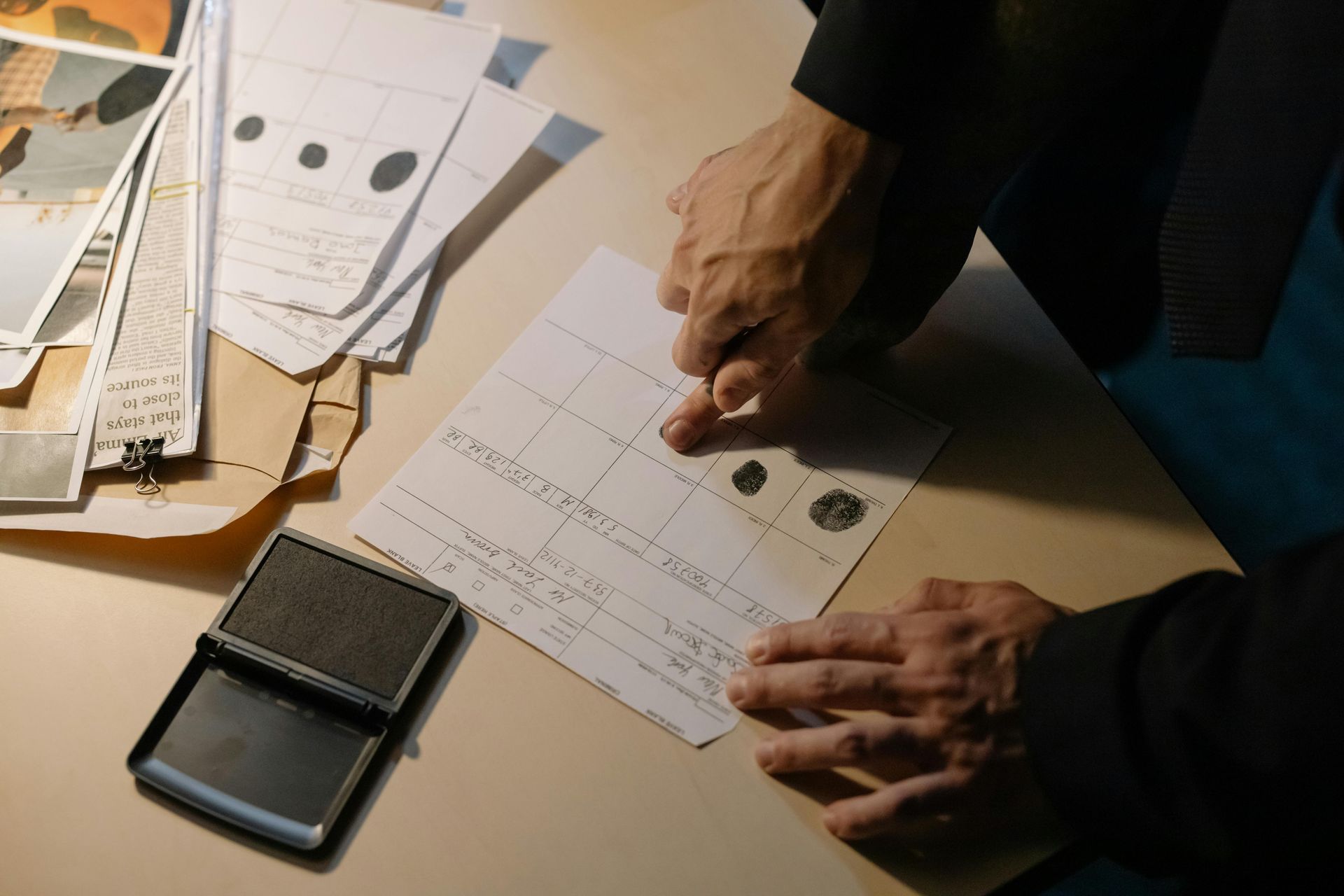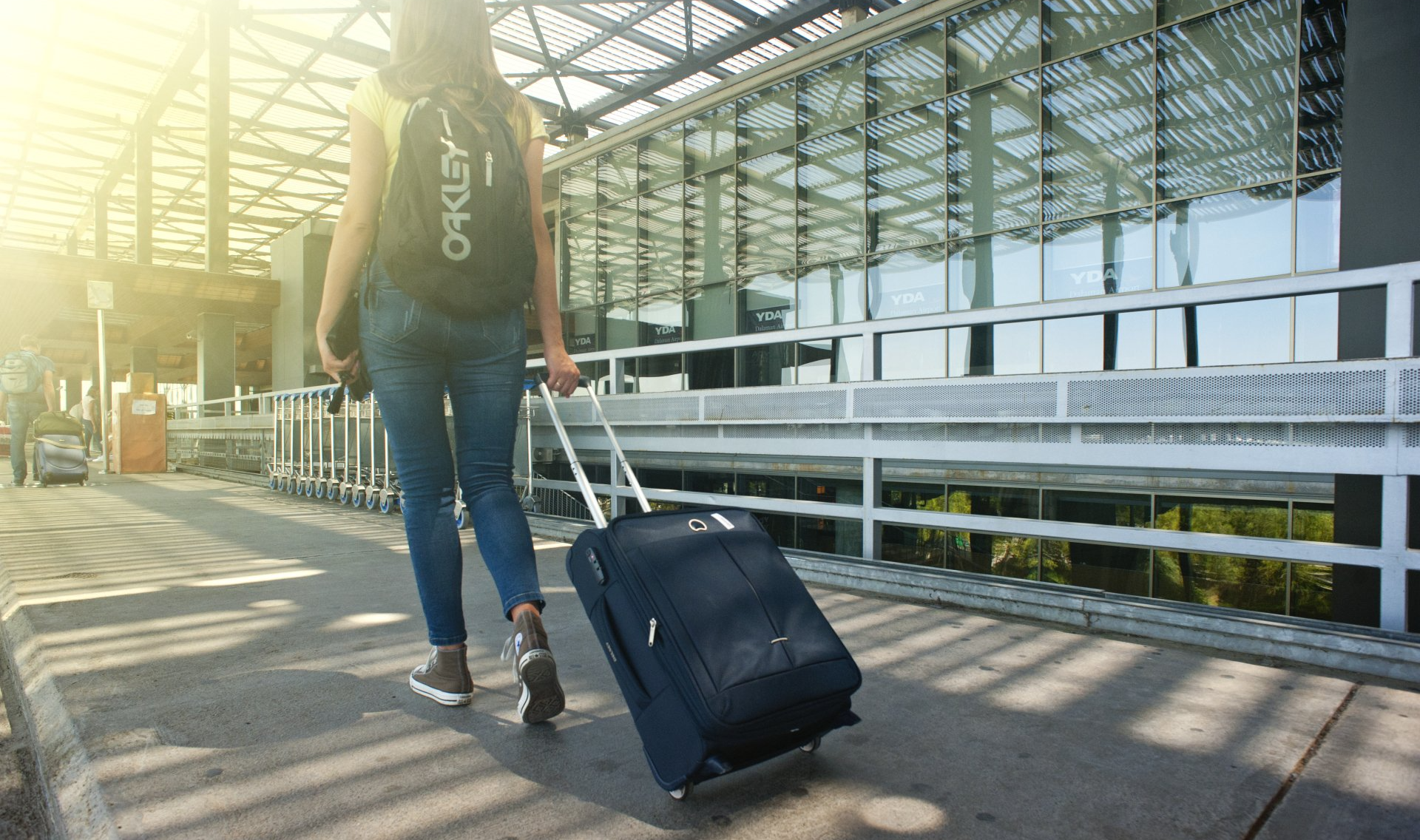Advance Parole 101
Advance Parole is a travel document allowing you to leave and return to the United States while waiting for legal status without jeopardizing your green card application. Advance Parole is relevant if you are applying for DACA or adjusting status as a refugee, asylee, or other eligible applicant.
In order to get an Advance Parole travel document, you must file a Form I-131, Application for Travel Document. Currently I-131 applications are taking between 6-12 months to process and be adjudicated.
You must be approved for Advance Parole before leaving the United States. However, if after being approved, your parole document does not arrive in the mail before you depart, you can have someone send it or bring it to you in the foreign country. You must have the document with you to reenter the United States.
Advance Parole travel permits are granted for up to one (1) year. They can be granted for a single trip or multiple trips. Also, an advance parole document may be renewed, so long as the renewal application is filed at least 120 days before the previously issued advance parole expires. There is no set amount of time that someone can or cannot remain outside the United States using the Advance Parole, however you cannot use the Advance Parole after it expires.
The benefits of Advance Parole are twofold:
- It enables an alien to come back to the U.S. after traveling abroad without the necessity of obtaining a visa to enter the U.S.;
- It preserves the adjustment of status application pending with the USCIS.
You are NOT eligible for Advance Parole if you are:
- In the United States without a valid immigration status;
- An exchange alien subject to the foreign residence requirement;
- In possession of a previously issued re-entry permit or refugee travel document which is still valid, unless it was returned to USCIS or it is demonstrated that it was lost; or
- Under removal proceedings.
Advance Parole does NOT guarantee admission to the United States. Anyone who has an Advance Parole document is still subject to the inspection process at the port of entry.
This blog is not intended to be legal advice and nothing here should be construed as establishing an attorney client relationship. Please schedule a consultation with an immigration attorney before acting on any information read here.
Angelica Rice
Similar Posts








